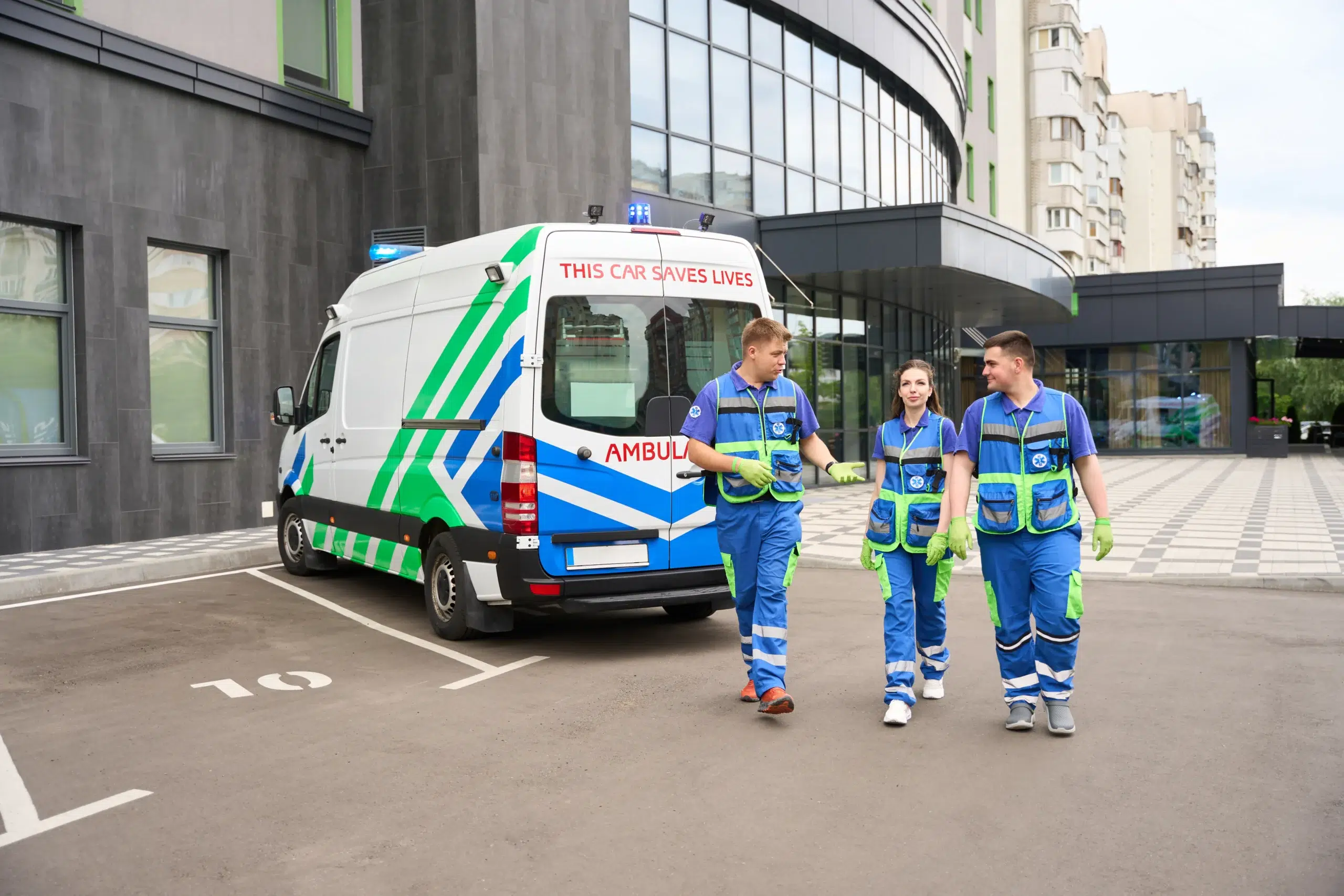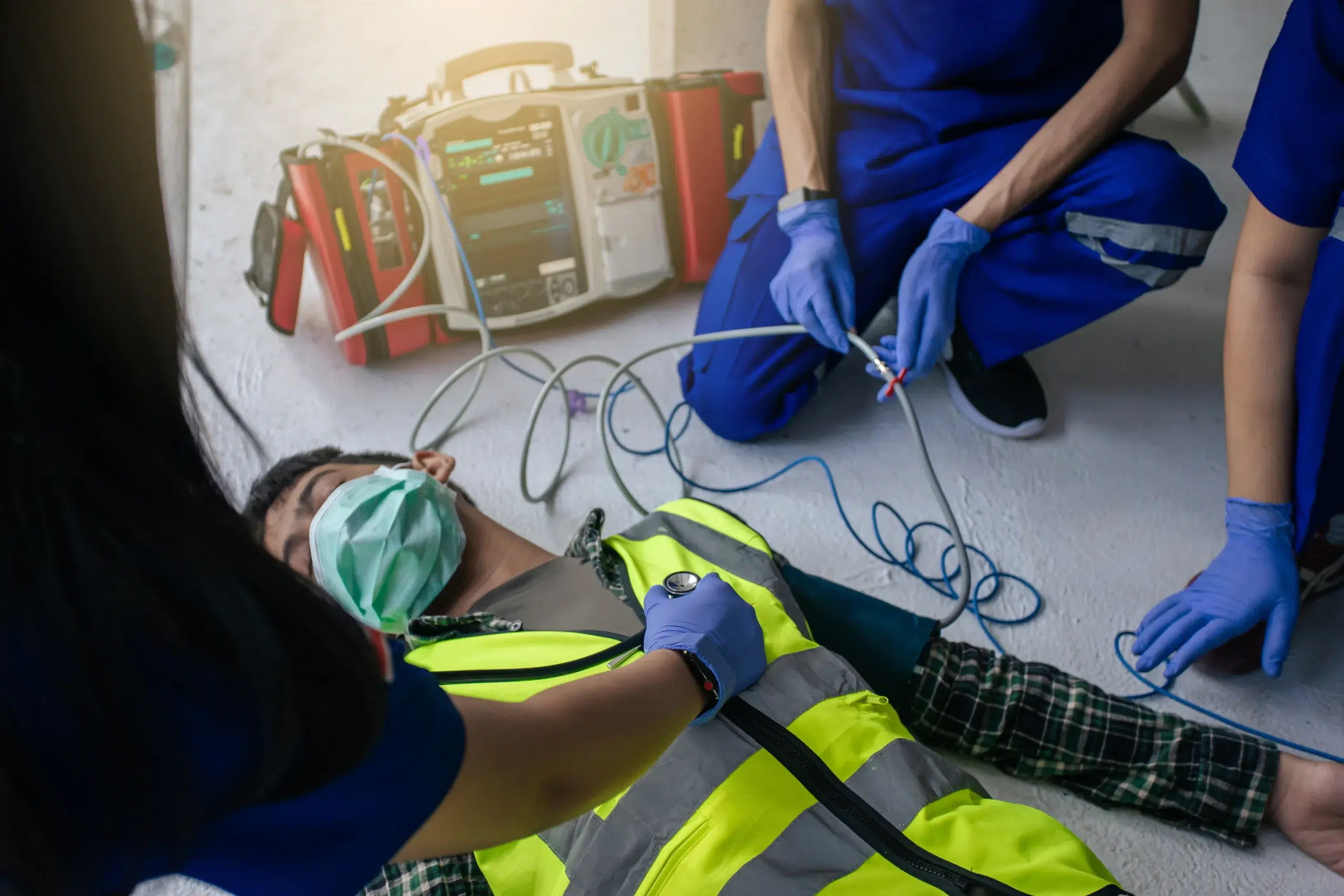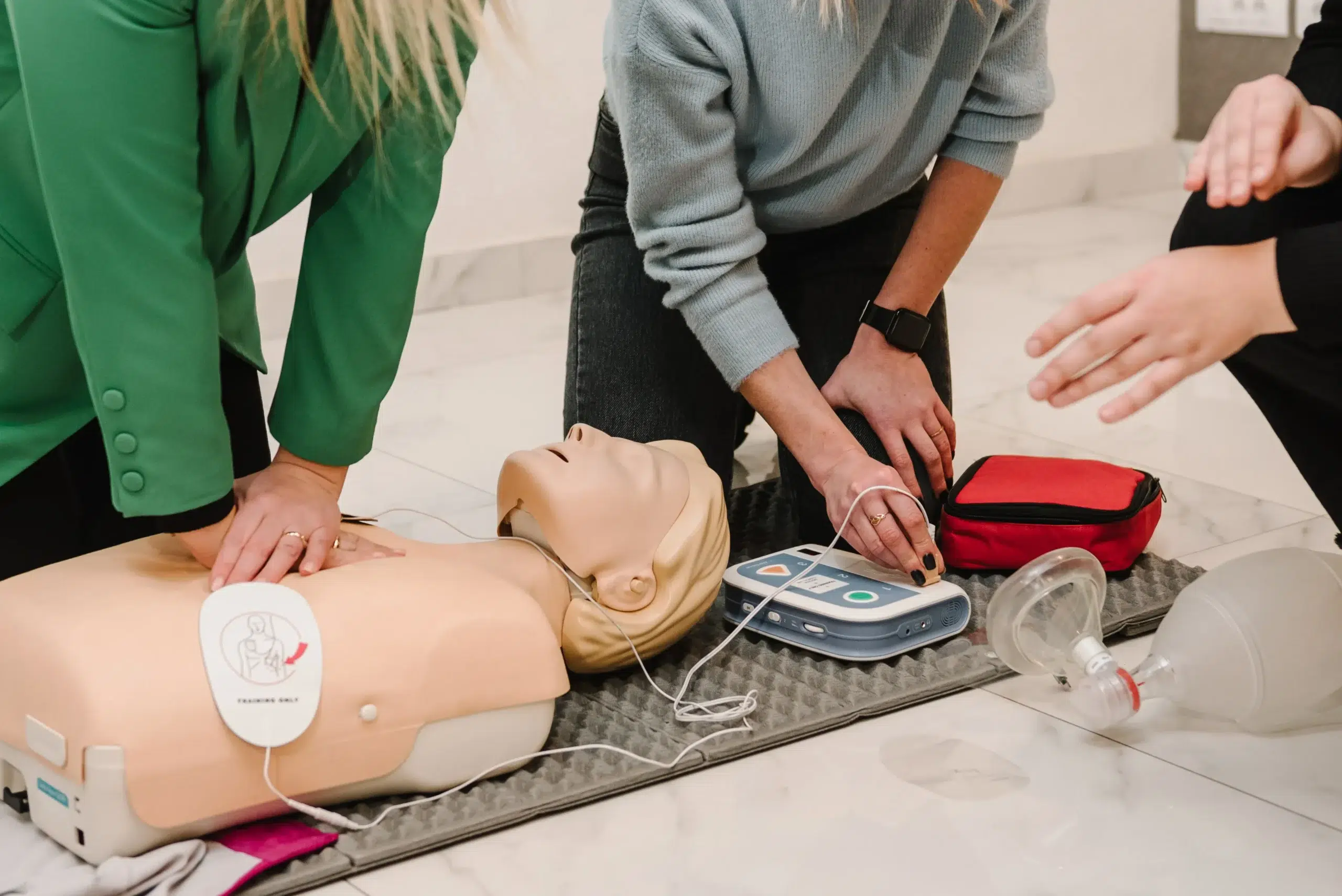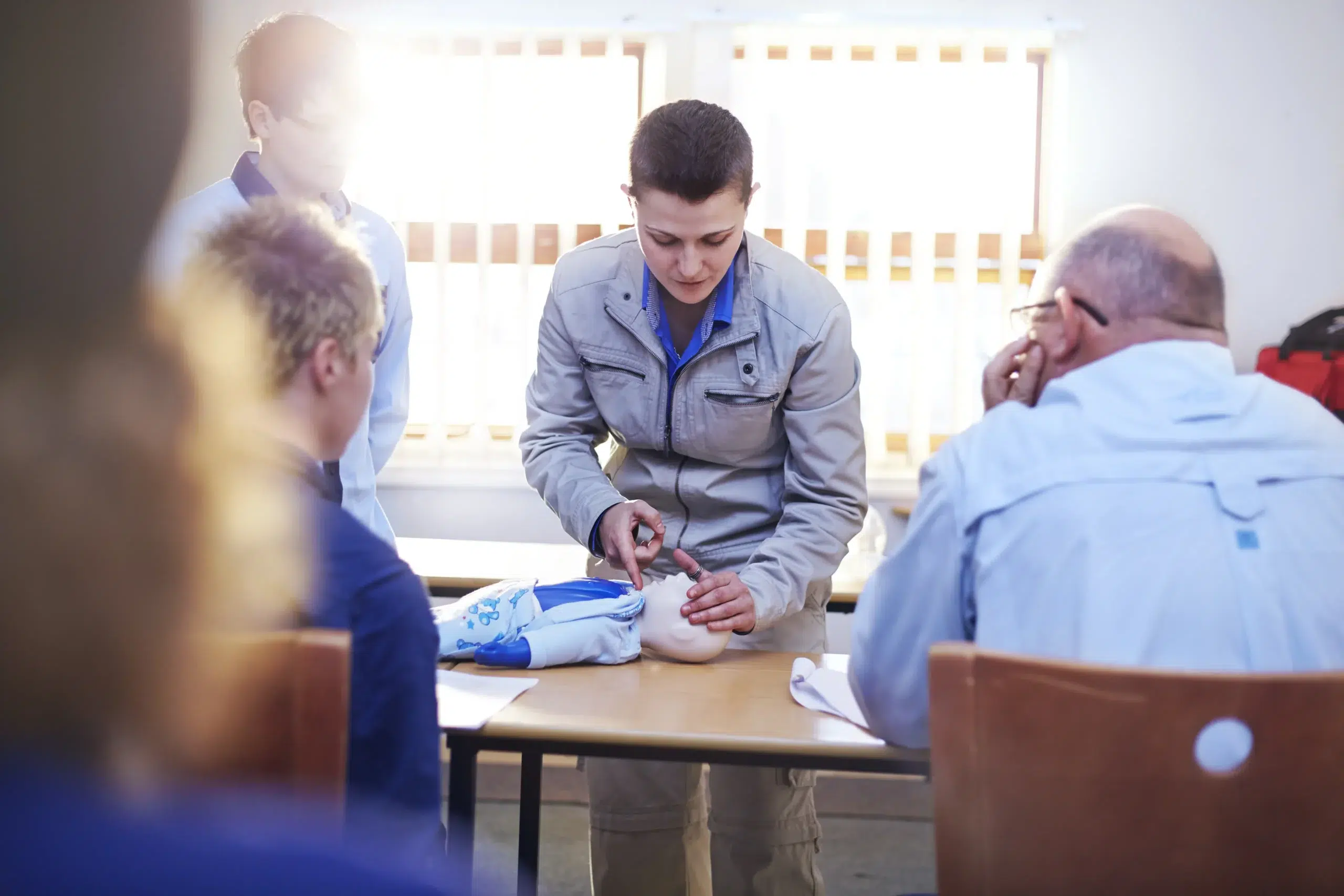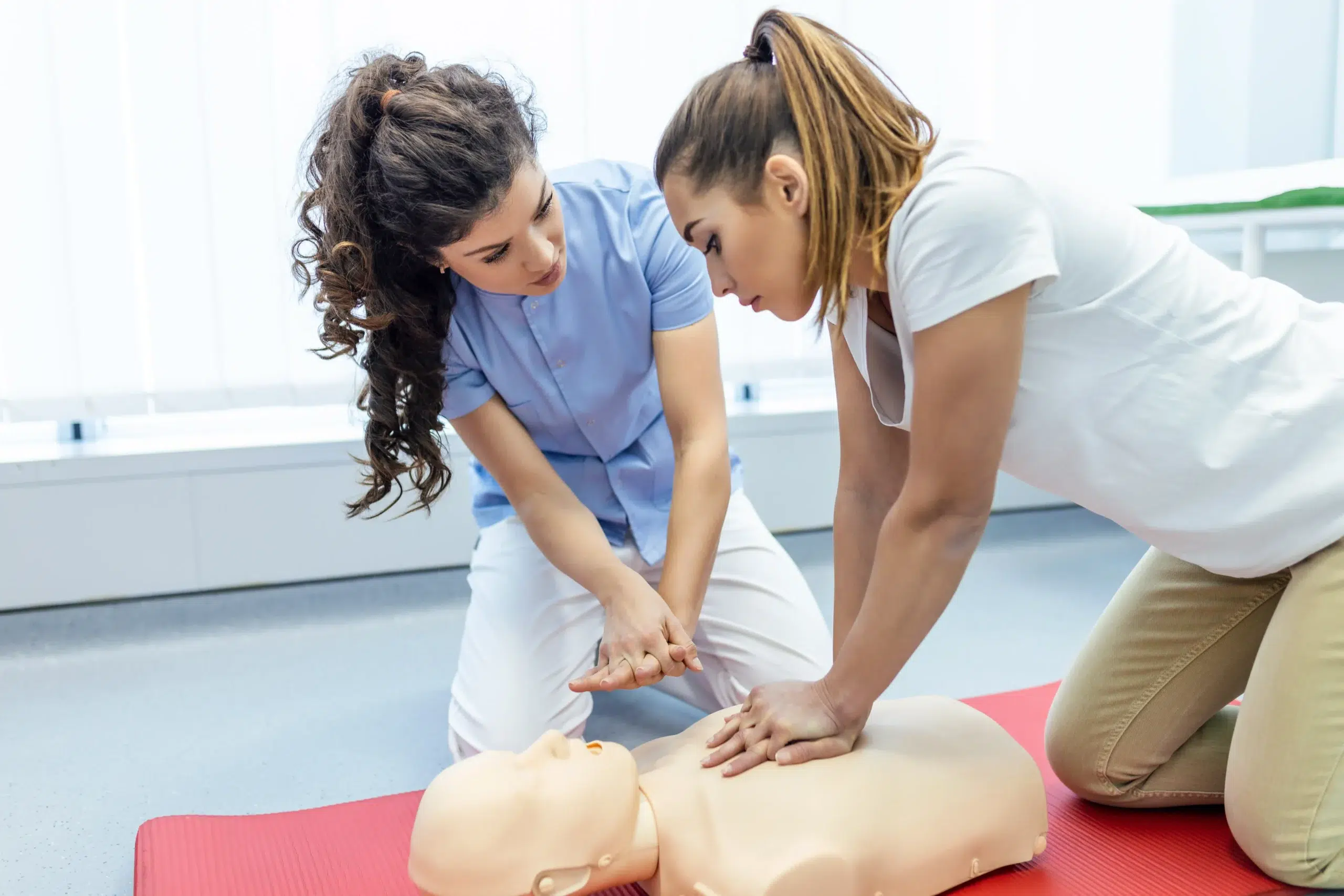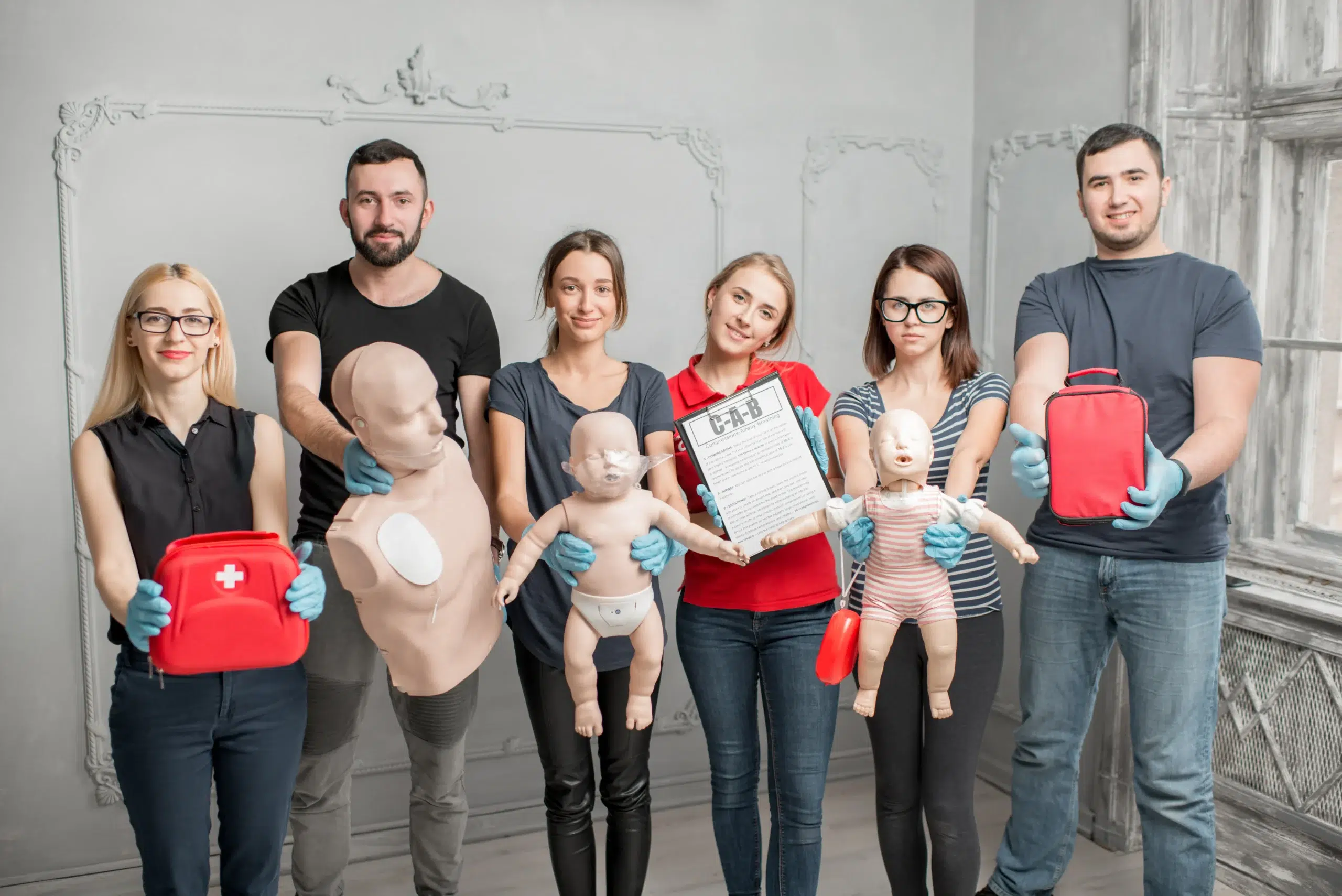The path to a medical career starts with selecting the right medical school. If you’re looking for quality options near Pleasant Hill, CA, you’re in luck. This blog post explores why Pleasant Hill is an attractive choice for medical education, highlights nearby top-ranked medical schools, and provides practical guidance for aspiring medical students.
Why Choose Pleasant Hill for Medical Education?
Located in the East Bay region of California, Pleasant Hill combines suburban comfort with access to bustling urban centers. This strategic location makes it an appealing option for students pursuing medical education. Here’s what makes Pleasant Hill stand out:
Proximity to Renowned Medical Institutions
While Pleasant Hill itself doesn’t house many medical schools, it’s within a short drive of several prestigious institutions located across the San Francisco Bay Area and Northern California. Students benefit from world-class medical programs without venturing far from quiet suburban living.
Access to Diverse Clinical Experience
The Bay Area is home to a range of hospitals, clinics, and healthcare organizations offering students hands-on clinical training. Institutions such as Kaiser Permanente, UCSF Medical Center, and Stanford Health Care provide opportunities to work with diverse patient populations.
Quality of Life
With a safe community, excellent amenities, and a mild climate, Pleasant Hill offers a high quality of life that supports academic focus. An abundance of parks, cafes, and recreational activities ensures a balanced lifestyle.
Networking and Medical Community
Being near major metropolitan areas like San Francisco and Oakland creates immense networking opportunities for medical students. From conferences to research collaborations, the Bay Area’s medical community offers numerous resources.
Top Medical Schools Near Pleasant Hill
Many top-tier medical schools are within a reasonable distance from Pleasant Hill. Below is an overview of 10 notable institutions, their key features, and approximate distances from Pleasant Hill.
1. University of California, San Francisco (UCSF)
- Distance: ~35 miles (50 minutes by car)
- Programs: MD program, joint MD/Ph.D., and Master’s programs in related fields.
- Admission Criteria: Minimum GPA of 3.7, competitive MCAT scores, and strong research and clinical exposure.
- Key Highlight: Ranked among the top 10 medical schools in the U.S. for research and primary care.
2. Stanford University School of Medicine
- Distance: ~60 miles (80 minutes by car)
- Programs: MD program, dual degrees including MD/MBA and MD/MS.
- Admission Criteria: Average GPA of 3.89 and MCAT score of 519 (95th percentile). Letters of recommendation and research experience are valued.
- Key Highlight: Cutting-edge facilities and emphasis on innovation.
Visit Stanford Medicine’s website
3. Touro University California College of Osteopathic Medicine
- Distance: ~12 miles (20 minutes by car)
- Programs: Doctor of Osteopathic Medicine (DO), Master’s in Public Health (MPH).
- Admission Criteria: Competitive GPA and MCAT requirements, along with a focus on candidates interested in holistic and community-centered medicine.
- Key Highlight: Strong focus on osteopathic medicine and public health.
Visit Touro University California’s website
4. California Northstate University College of Medicine
- Distance: ~50 miles (55 minutes by car)
- Programs: Doctor of Medicine (MD).
- Admission Criteria: GPA of 3.2 or higher, emphasis on integrity and professionalism in candidate evaluations.
- Key Highlight: Clinical integration from the early years of the program.
5. UC Davis School of Medicine
- Distance: ~55 miles (70 minutes by car)
- Programs: MD, MD/Ph.D., and Master’s programs.
- Admission Criteria: Minimum 3.0 GPA; MCAT scores required; holistic review process.
- Key Highlight: Focus on rural and underserved populations.
Visit UC Davis Medicine’s website
6. Samuel Merritt University School of Nursing & Health Sciences
- Distance: ~20 miles (30 minutes by car)
- Programs: Advanced health science degrees, including physician assistant programs.
- Admission Criteria: Holistic review considering academic performance and relevant healthcare experience.
- Key Highlight: Specializes in inter-professional health education.
Visit Samuel Merritt University’s website
7. UCSF-Fresno Medical Education Program
- Distance: ~170 miles (3-hour drive)
- Programs: Advanced training programs including residencies and fellowships.
- Admission Criteria: Open to applicants pursuing residencies and specialized programs.
- Key Highlight: Community-focused programs centered on Central Valley residents.
8. California Pacific Medical Center (CPMC)
- Distance: ~30 miles (45 minutes by car)
- Programs: Residencies and fellowships for post-graduate medical training.
- Admission Criteria: Residency programs requiring strong clinical evaluation scores.
- Key Highlight: A leading training hospital in San Francisco.
9. Kaiser Permanente Bernard J. Tyson School of Medicine
- Distance: ~45 miles (60 minutes by car)
- Programs: MD program.
- Admission Criteria: Academic merit, leadership, and commitment to underrepresented communities.
- Key Highlight: Tuition-free education for the first five graduating classes.
Visit Kaiser Permanente School of Medicine’s website
10. UC Berkeley-UCSF Joint Medical Program (JMP)
- Distance: ~25 miles (40 minutes by car)
- Programs: Innovative MD/MS dual program.
- Admission Criteria: Collaborative and forward-thinking candidates well-versed in health sciences.
- Key Highlight: Unique blend of public health and clinical medicine.
Visit UC Berkeley-UCSF JMP’s website
Factors to Consider When Choosing a Medical School
Selecting the right medical school is a major decision. To ensure the best fit, keep these factors in mind:
Accreditation
Always verify that the medical school is fully accredited by national or regional accrediting bodies.
Location and Lifestyle
Consider the distance from your residence and how it aligns with your desired lifestyle. Do you prefer an urban vibe, or is suburban living more appealing?
Curriculum Design
Evaluate whether the program follows a traditional or integrated curriculum and assess its compatibility with your learning preferences.
Research and Clinical Opportunities
Prioritize institutions offering robust research funding and clinical rotations in diverse healthcare settings.
Cost and Financial Aid
Medical education is a significant investment. Compare tuition fees and explore available scholarships, grants, and aid packages.
Preparing for Medical School Admission
Admission into medical school is highly competitive. Here are practical steps to optimize your preparation and stand out as an applicant:
Maintain a Strong Academic Record
Aspire for a GPA of 3.5 or higher, especially in prerequisite courses like biology, chemistry, and physics.
Ace the MCAT
Dedicate 4-6 months to preparation for achieving a competitive MCAT score. Utilize online courses, practice exams, and study groups.
Gain Relevant Experience
Engage in internships, shadowing programs, or volunteering roles within medical and healthcare settings.
Build Strong Recommendation Letters
Seek letters from faculty, employers, or mentors who can provide insight into your skills and character.
Craft a Compelling Personal Statement
Highlight your passion for medicine, personal experiences, and how you intend to make a difference in healthcare.
Stay Organized with Timelines
Use tools like AMCAS to track deadlines for applications and supplemental materials.
Make the Right Move Toward Your Medical Future
Medical schools near Pleasant Hill offer a variety of options to match your education and career aspirations. By considering factors such as curriculum, cost, and location—and preparing effectively for admission—you can select the program that sets you on the path to success.
It’s time to take the first step in your medical career! Explore the schools mentioned above and start your application process.
Enhance Your Medical Education with Safety Training Seminars
Safety Training Seminars provide an exceptional opportunity for aspiring medical professionals to enhance their education with critical certifications, such as those offered by the American Heart Association. Located conveniently in Pleasant Hill, these seminars deliver courses that equip students with essential skills in CPR and First Aid, Basic Life Support (BLS), Pediatric Advanced Life Support (PALS), Advanced Cardiovascular Life Support, and more. Whether you’re a beginner or seeking recertification, Safety Training Seminars ensure you are ready to meet the challenges of the healthcare field with confidence.
Contact us for more information about the upcoming classes, registration, and discounts available to students.

